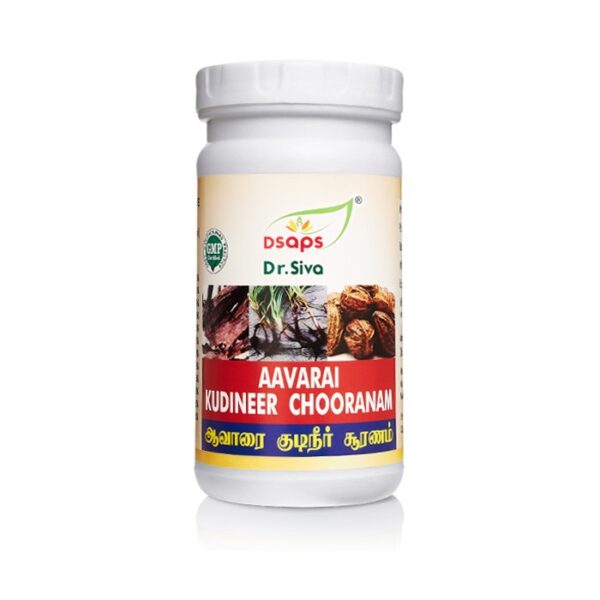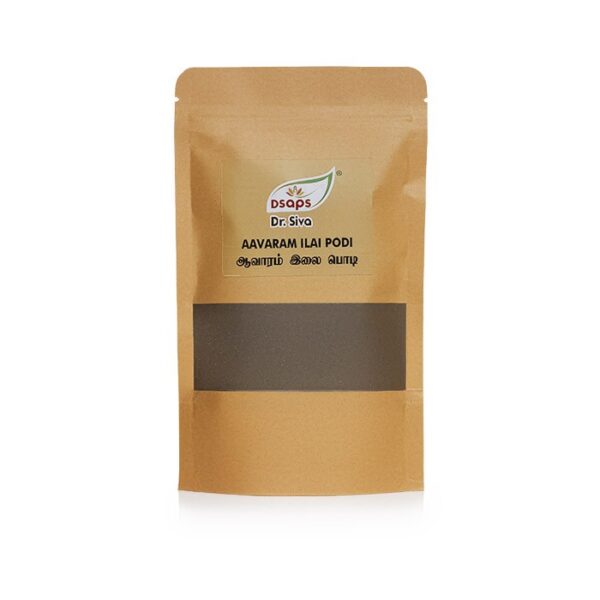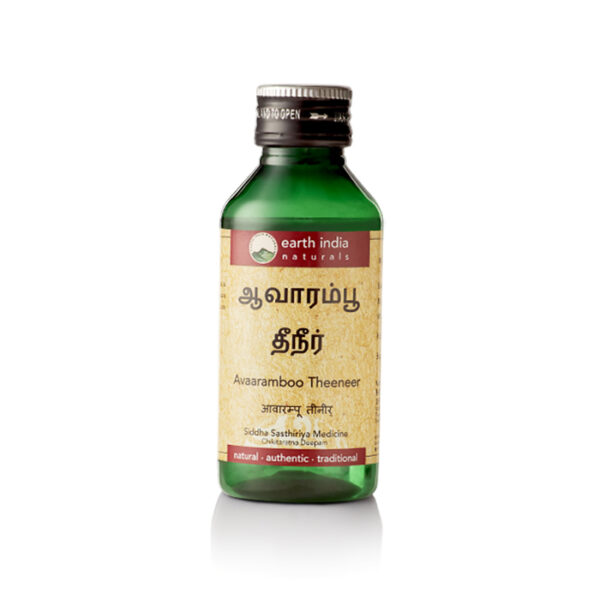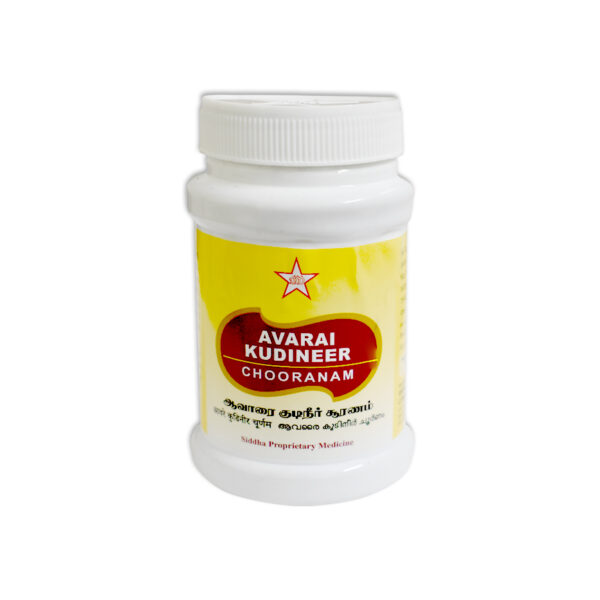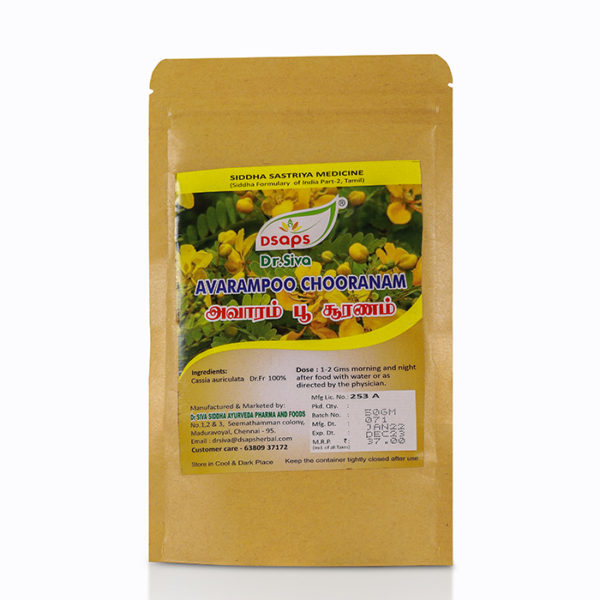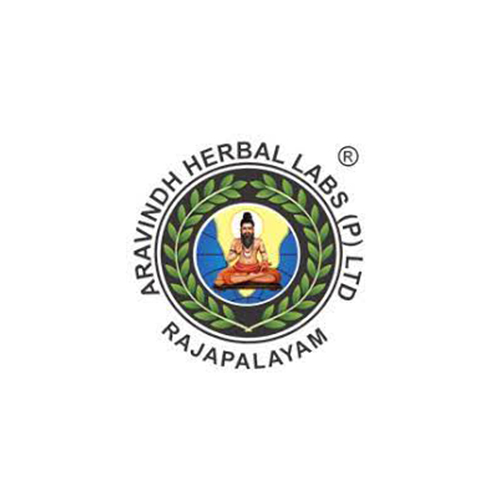Ayurvedic Medicine for Diabetes
In today’s world, where fast food is king and stress is a constant companion, diseases like diabetes have become increasingly prevalent. Diabetes isn’t just about high blood sugar levels; it’s a complex metabolic disorder that requires careful management and treatment. Modern medicine offers various options for managing diabetes. Ayurvedic medicine for diabetes provides a holistic approach that focuses on balancing the body, mind and spirit.
What is Diabetes?
Diabetes is a chronic condition that affects how your body processes blood sugar (glucose). Glucose is crucial for providing energy to your cells, but when there’s too much of it in your bloodstream, it can lead to serious health issues. The typical fasting glucose range is 70 to 100 mg/dl. In a random blood glucose test, the level will be 125 mg/dl or lower. An increase in normal blood glucose level is termed diabetes. There are primarily two types of diabetes: Type 1 and Type 2.
Types of Diabetes
Type 1 diabetes occurs when the immune system mistakenly attacks and destroys insulin-producing beta cells in the pancreas. Without insulin, glucose can’t enter the cells, leading to high blood sugar levels.
On the other hand, Type 2 diabetes occurs when the body doesn’t respond well to insulin or doesn’t produce enough insulin to maintain normal blood sugar levels. This type is often associated with lifestyle factors such as poor diet, lack of exercise, and obesity.
Causes and Symptoms of Diabetes
The causes of diabetes vary depending on the type. Type 1 diabetes is believed to be primarily genetic, while Type 2 diabetes is influenced by a combination of genetic and lifestyle factors. Common symptoms of diabetes are feeling very thirsty all the time, frequent urination, unexplained weight loss, tiredness, blurry eyesight and cuts or wounds taking a long time to heal.
Complications of Diabetes
Cardiovascular Complications:
- Diabetes increases the risk of heart disease and stroke.
- High blood sugar levels can damage blood vessels and lead to atherosclerosis.
- Individuals with diabetes are more likely to develop hypertension and dyslipidemia.
Neuropathy (Nerve Damage):
- Diabetes can cause damage to nerves throughout the body.
- Peripheral neuropathy affects the extremities, leading to numbness, tingling, and pain.
- Autonomic neuropathy affects organs such as the digestive system, bladder, and sexual organs, leading to various complications.
Nephropathy (Kidney Disease):
- Diabetes is a leading cause of chronic kidney disease (diabetic nephropathy).
- High blood sugar levels damage the kidney’s filtering units, leading to proteinuria and eventually kidney failure.
- Diabetes increases the risk of urinary tract infections and kidney stones.
Retinopathy (Eye Complications):
- Diabetes can cause damage to the blood vessels in the retina (diabetic retinopathy).
- It is a leading cause of blindness in adults.
- Other eye complications include cataracts and glaucoma, which are more common in individuals with diabetes.
Foot Complications:
- Diabetes increases the risk of foot ulcers and infections.
- Peripheral neuropathy can lead to loss of sensation, making it difficult to detect injuries.
- Poor circulation and impaired wound healing contribute to the development of diabetic foot complications.
Skin Complications:
- Individuals with diabetes are more prone to skin infections and fungal infections.
- Poor circulation and impaired immune function contribute to delayed wound healing.
- Other skin conditions associated with diabetes include diabetic dermopathy, necrobiosis lipoidica diabeticorum and eruptive xanthomatosis.
Mental Health Complications:
- Diabetes is associated with an increased risk of depression and anxiety.
- Managing a chronic condition can lead to stress and emotional strain.
- Diabetes-related complications such as neuropathy and vision loss can impact quality of life and mental well-being.
Diabetes in Ayurvedic View
According to Ayurveda, diabetes is known as “Madhumeha,” which translates to “honey urine.” It is caused by an imbalance in the three doshas: Vatha, Pitha and Kapha. Poor dietary habits, sedentary lifestyle, stress and genetic predisposition can disrupt the balance of these doshas, leading to the development of diabetes.
Ayurvedic Treatment for Diabetes
Ayurvedic treatment for diabetes focuses on restoring balance to the doshas and improving the body’s ability to metabolize glucose. This may include dietary changes, herbal remedies, lifestyle modifications, and stress management techniques.
Best Ayurvedic Medicine for Diabetes
Several herbs and natural ingredients are commonly used in Ayurvedic medicine to manage diabetes effectively. Some of the best Ayurvedic medicine for diabetes include
Seenthil (Giloy / Tinospora cordifolia):
- Helps improve insulin sensitivity, aiding in better glucose utilization by cells.
- Supports the immune system, which can be compromised in diabetes patients.
- Acts as an anti-inflammatory agent, reducing inflammation associated with diabetes complications.
Pavakai (Bitter gourd / Momordica charantia):
- Contains compounds that simulate insulin, helping to lower blood sugar levels.
- Rich in antioxidants, which protect cells from damage caused by high blood sugar.
- Supports weight management by promoting satiety and reducing cravings for sugary foods.
Venthayam (Fenugreek / Trigonella foenum):
- Helps regulate blood sugar levels by slowing down the absorption of carbohydrates.
- Improves insulin sensitivity, allowing cells to take up glucose more efficiently.
- Supports digestive health and may help reduce cholesterol levels, which are often elevated in diabetes patients.
Ponkoranti (Green eakanaayagam / Salacia reticulate):
- Inhibits enzymes involved in carbohydrate metabolism, leading to lower blood sugar levels.
- Helps improve lipid profile by reducing levels of LDL cholesterol and triglycerides.
- May aid in weight management by promoting a feeling of fullness and reducing calorie intake.
Sirukurinjan (Gurmar / Gymnema sylvestre):
- Helps regenerate pancreatic beta cells, which produce insulin.
- Reduces sugar cravings by blocking the taste of sweetness, making it easier to adhere to a low-sugar diet.
- Supports healthy lipid levels and may help prevent cardiovascular complications associated with diabetes.
Triphala:
- Supports digestion and elimination, helping to manage gastrointestinal symptoms common in diabetes patients.
- Contains antioxidants that protect cells from oxidative stress and damage.
- Supports detoxification and removal of toxins from the body, which may benefit overall health in diabetes management.
Cinnamon:
- Improves insulin sensitivity, allowing cells to respond more effectively to insulin.
- Helps lower fasting blood sugar levels and improves post-meal glucose control.
- Contains bioactive compounds that have anti-inflammatory and antioxidant properties, which may reduce the risk of diabetes complications.
Benefits of Ayurvedic Treatment for Diabetes
- Holistic approach: Ayurveda addresses the root cause of diabetes by restoring balance to the body’s systems, rather than just managing symptoms.
- Natural remedies: Ayurvedic medicine for diabetes often involve the use of herbs and natural ingredients, which are safe, effective and have minimal side effects compared to conventional medications.
- Improved overall health: Ayurvedic treatment not only helps manage blood sugar levels but also improves overall health and well-being by supporting digestion, immunity and mental clarity.
- Individualized care: Ayurvedic practitioners tailor treatment plans to each patient’s unique constitution, considering factors such as dosha imbalance, dietary habits and lifestyle choices.
- Long-term benefits: By addressing the underlying imbalances in the body, Ayurvedic medicine for diabetes can provide long-term benefits, reducing the risk of complications and improving quality of life.
Lifestyle Recommendations for Diabetes Patients
- Balanced diet: Adopting a balanced diet rich in whole grains, vegetables, fruits, lean proteins, and healthy fats can help manage blood sugar levels and support overall health.
- Regular exercise: Engaging in regular physical activity, such as walking, swimming, or yoga, helps improve insulin sensitivity, promote weight loss, and reduce the risk of cardiovascular complications.
- Stress management: Practicing stress-reduction techniques such as meditation, deep breathing exercises, and mindfulness can help lower cortisol levels, improve insulin sensitivity, and promote overall well-being.
- Adequate sleep: Getting enough quality sleep is essential for regulating hormones involved in blood sugar control and supporting overall health.
- Avoiding unhealthy habits: Limiting intake of processed foods, sugary beverages, alcohol, and tobacco can help prevent spikes in blood sugar levels and reduce the risk of diabetes complications.
Conclusion
Ayurveda provides a holistic method for diabetes management, concentrating on rebalancing the body and enhancing overall well-being. By incorporating Ayurvedic principles into your lifestyle, you can effectively manage blood sugar levels, reduce the risk of complications, and lead a healthier, more fulfilling life. Remember to consult with a qualified Ayurvedic practitioner before starting any new treatment regimen, especially if you are currently taking medication for diabetes. With dedication, patience and the right guidance, you can take control of your diabetes and experience the transformative power of Ayurveda.



